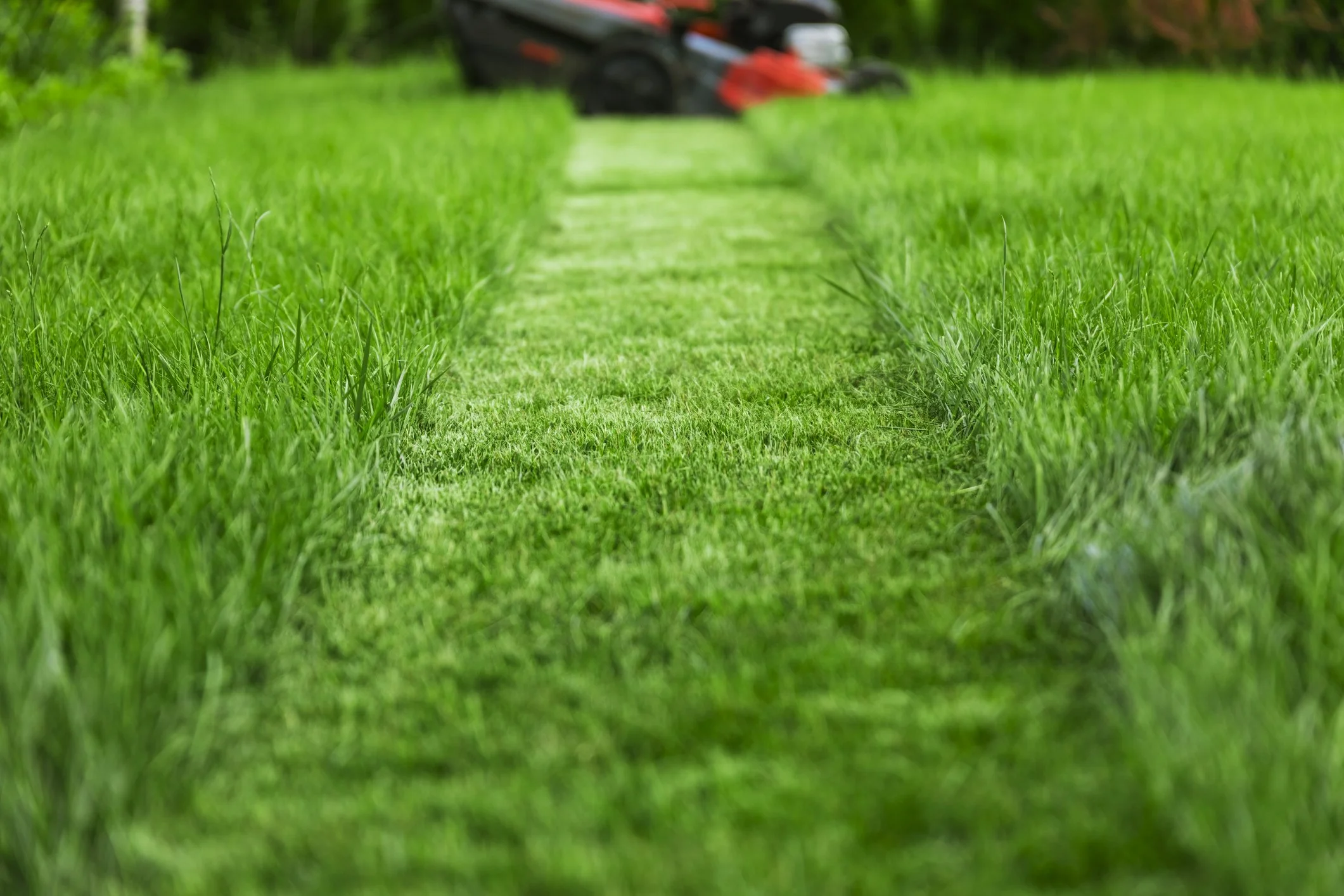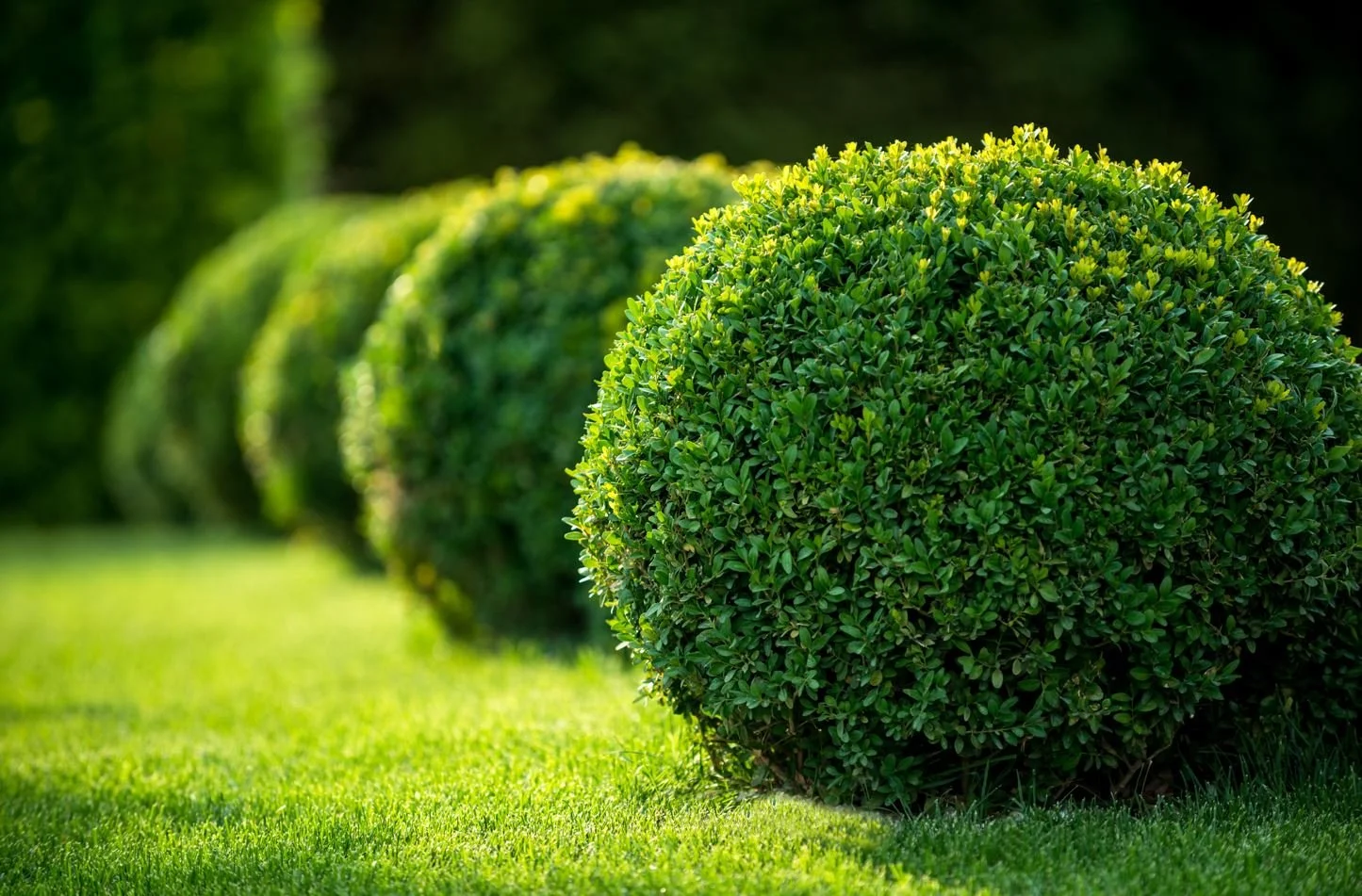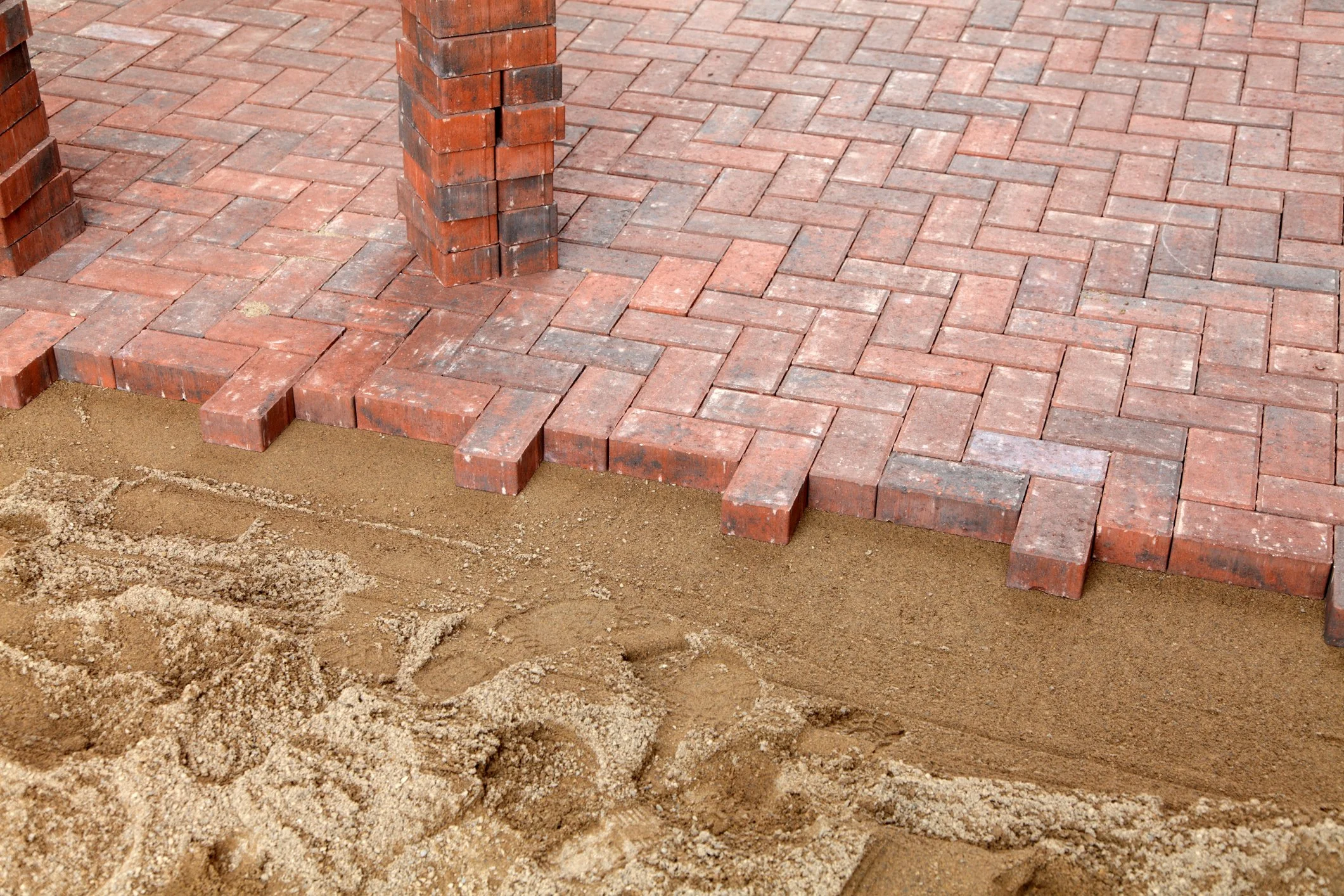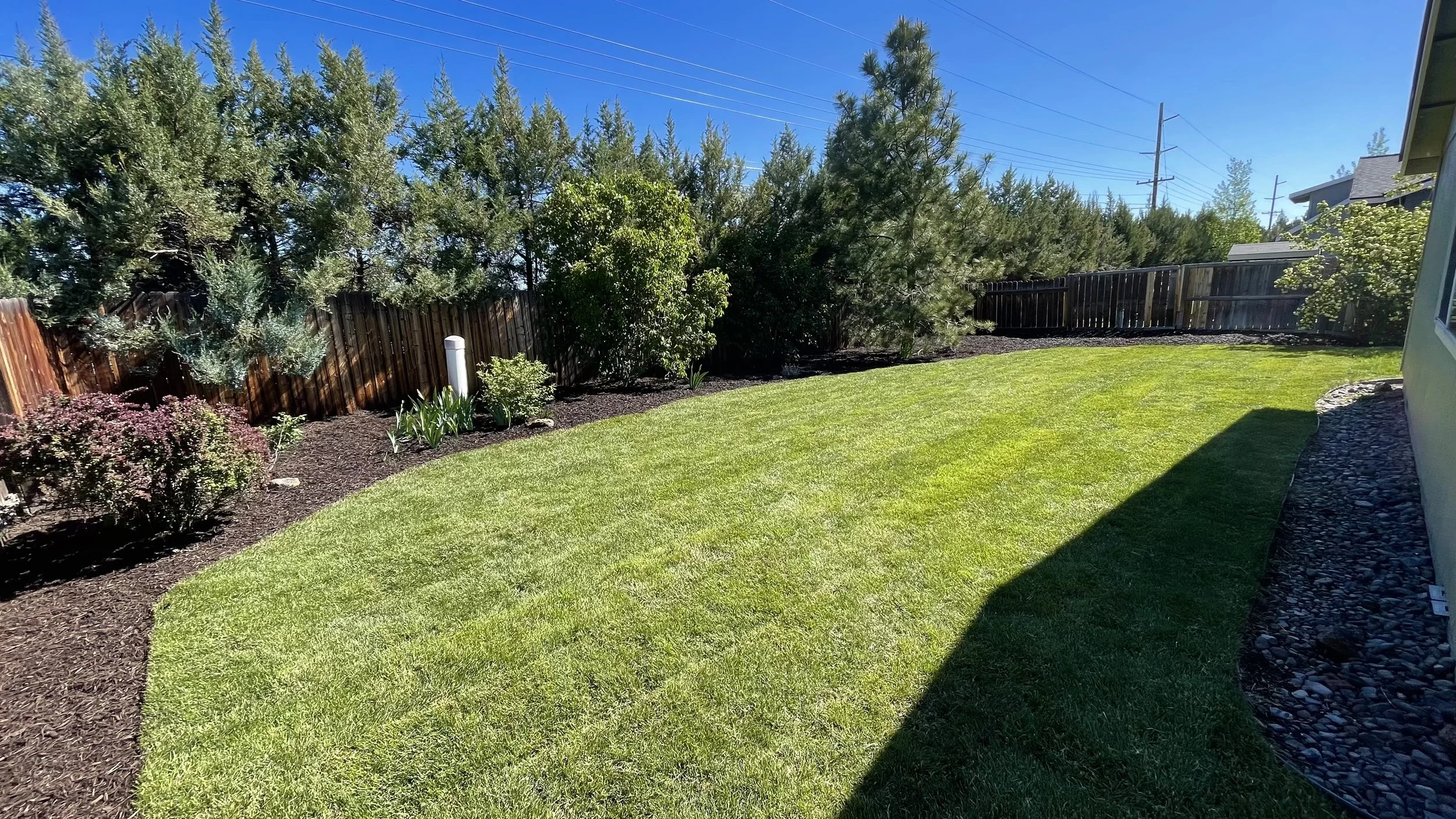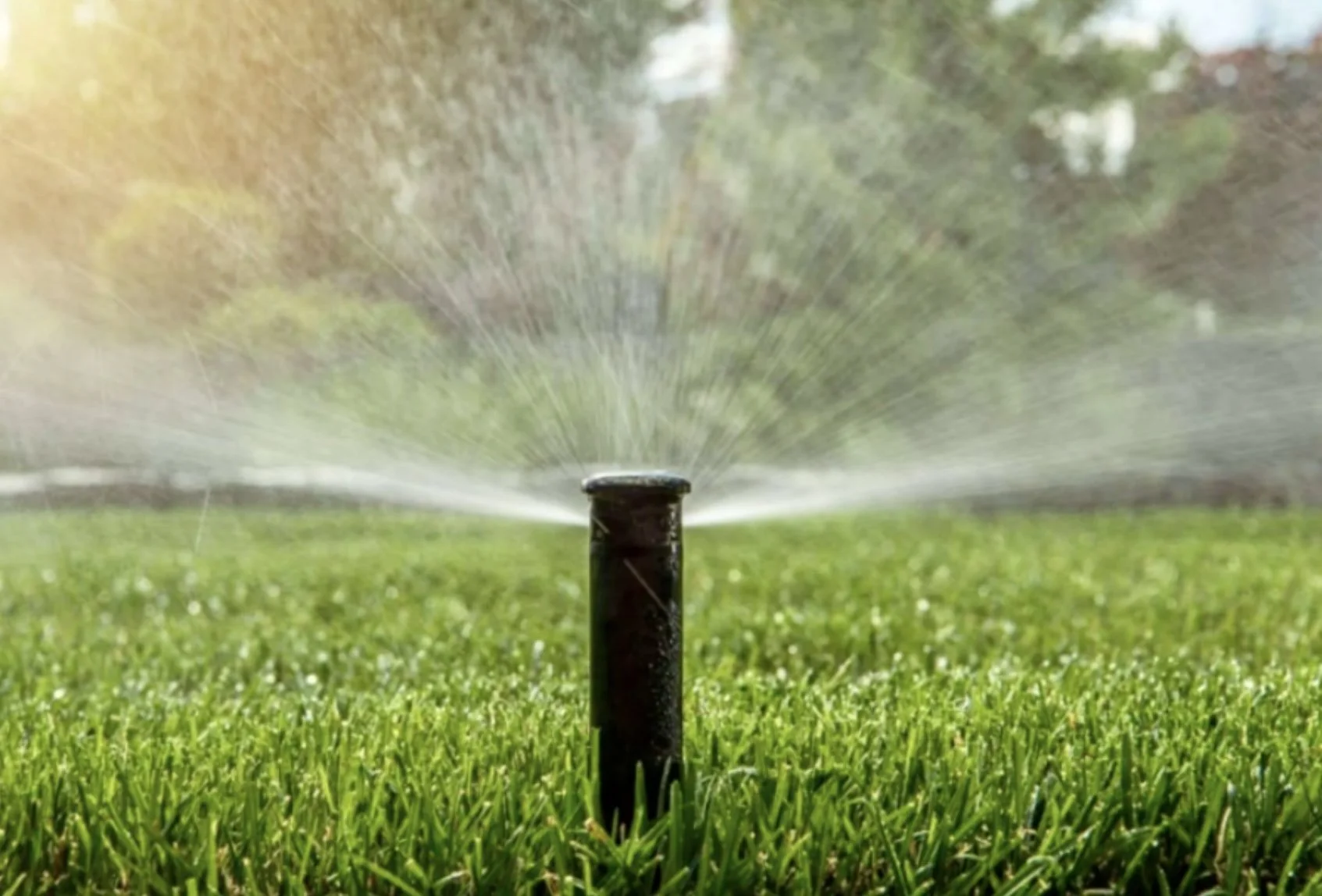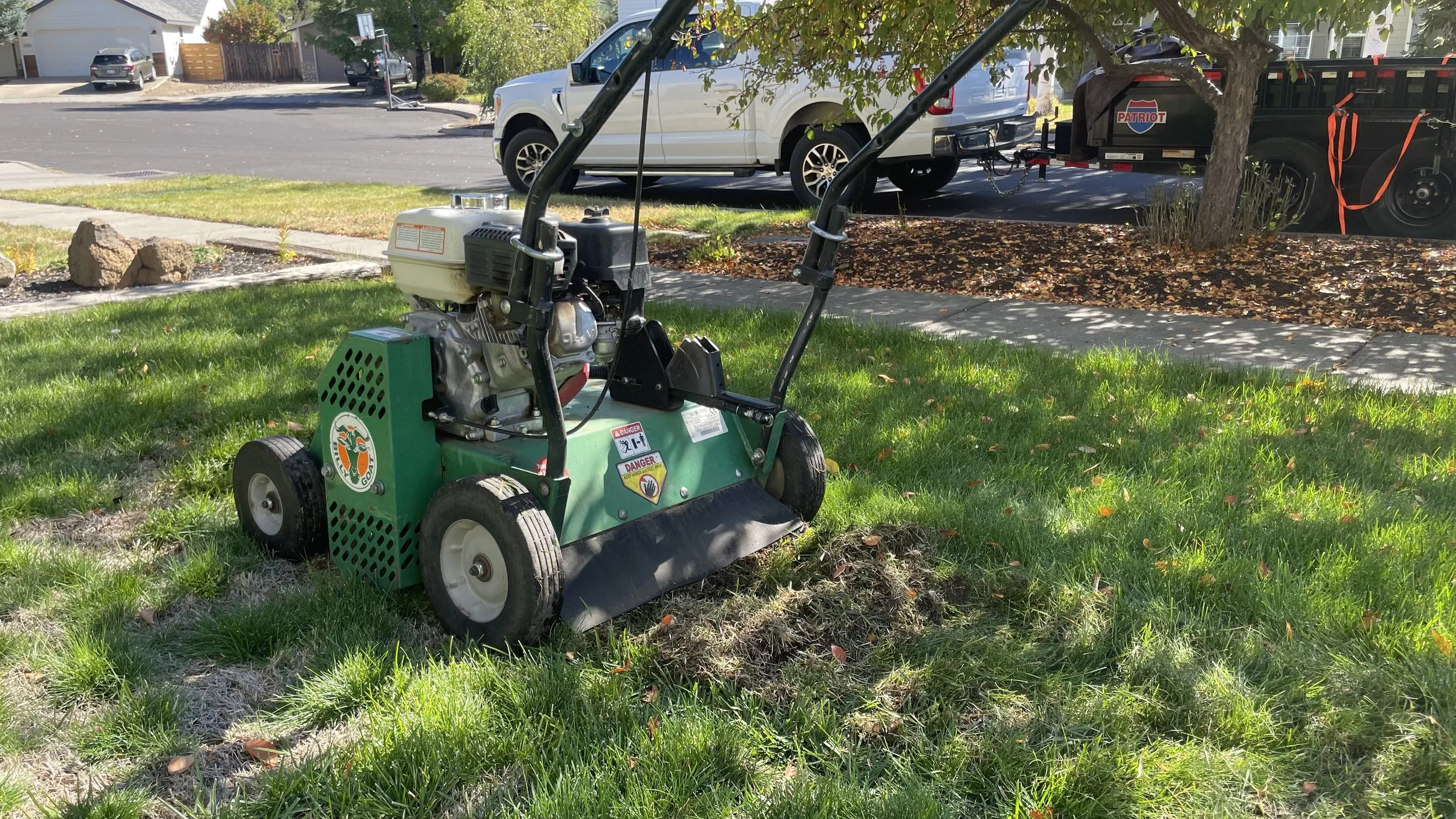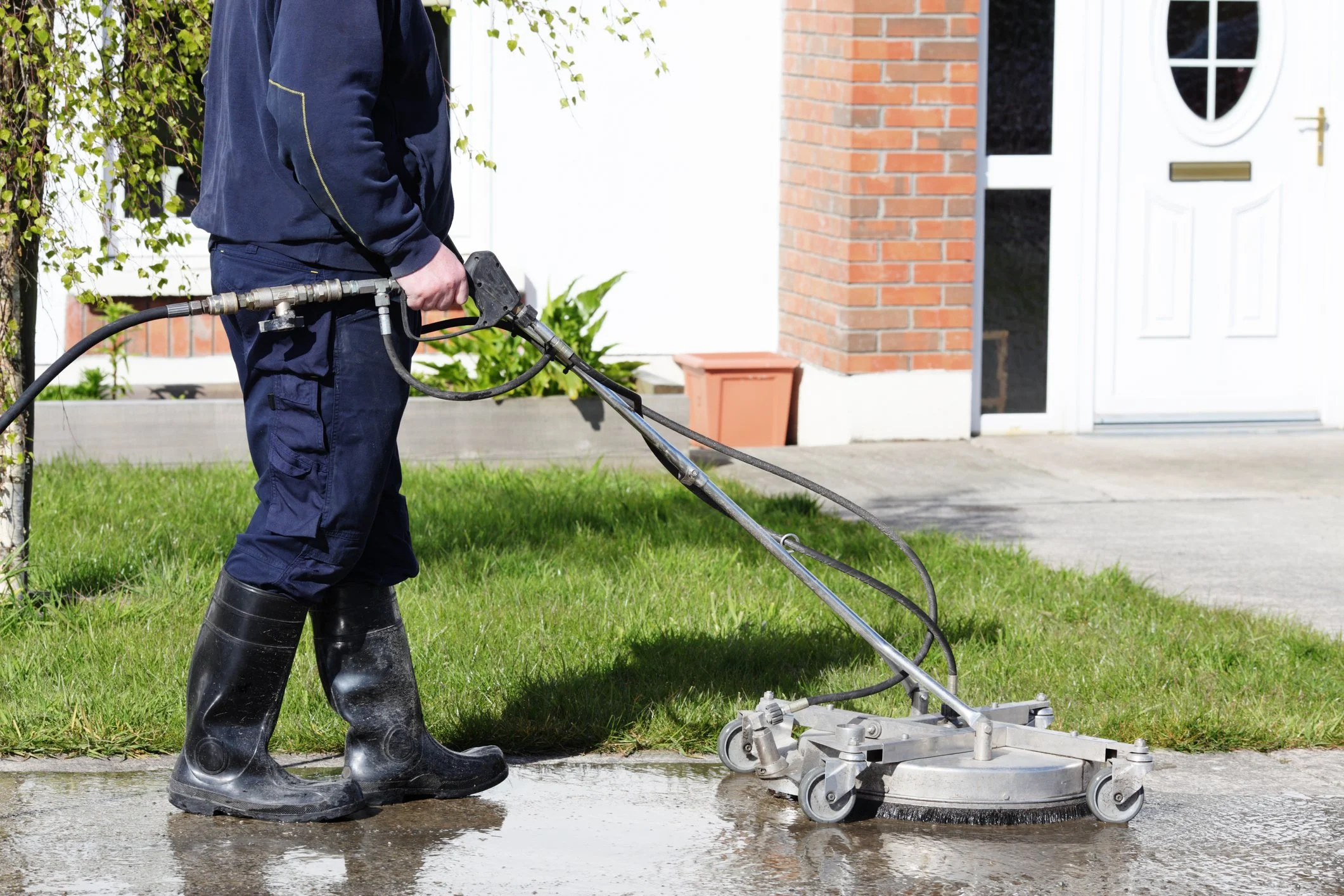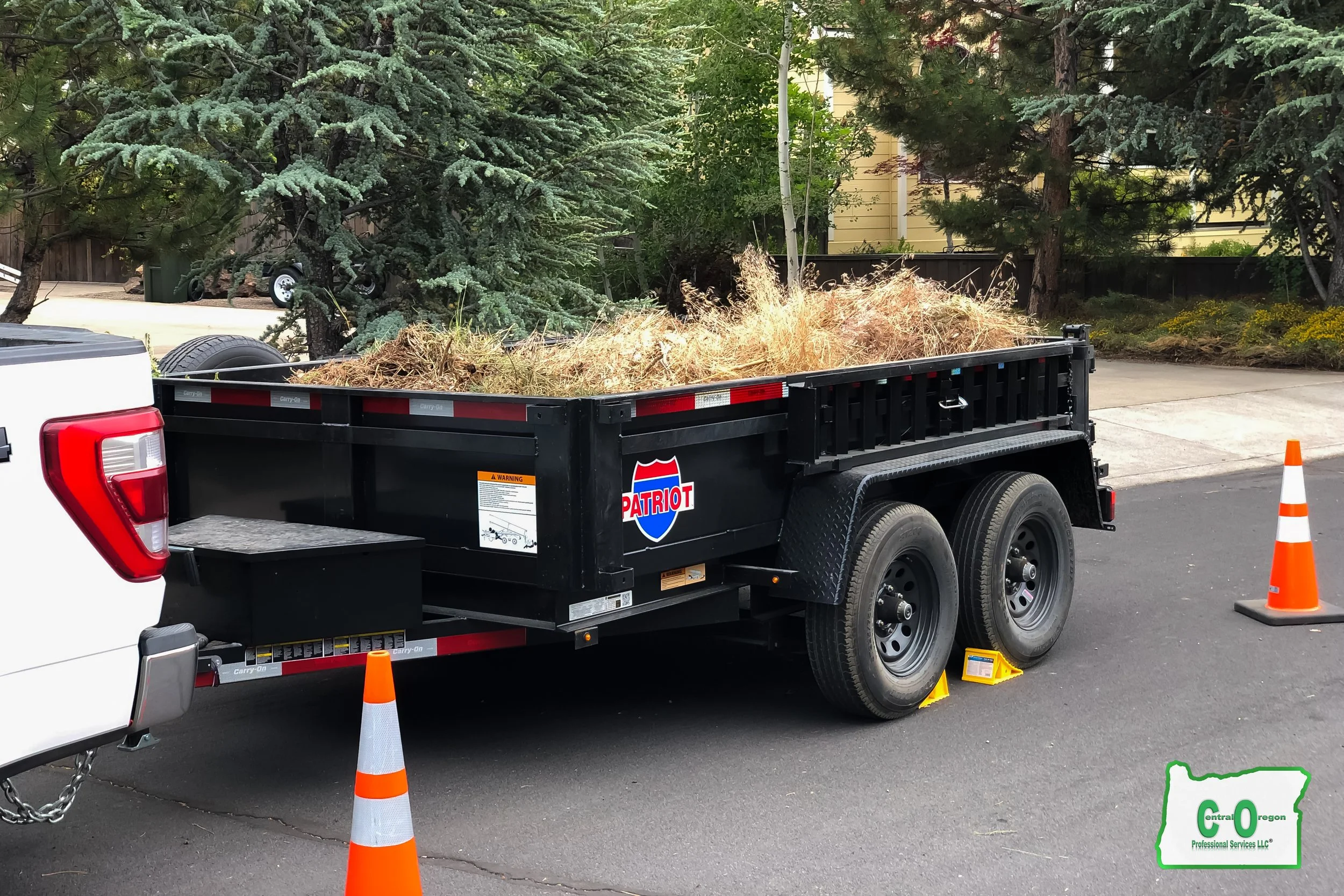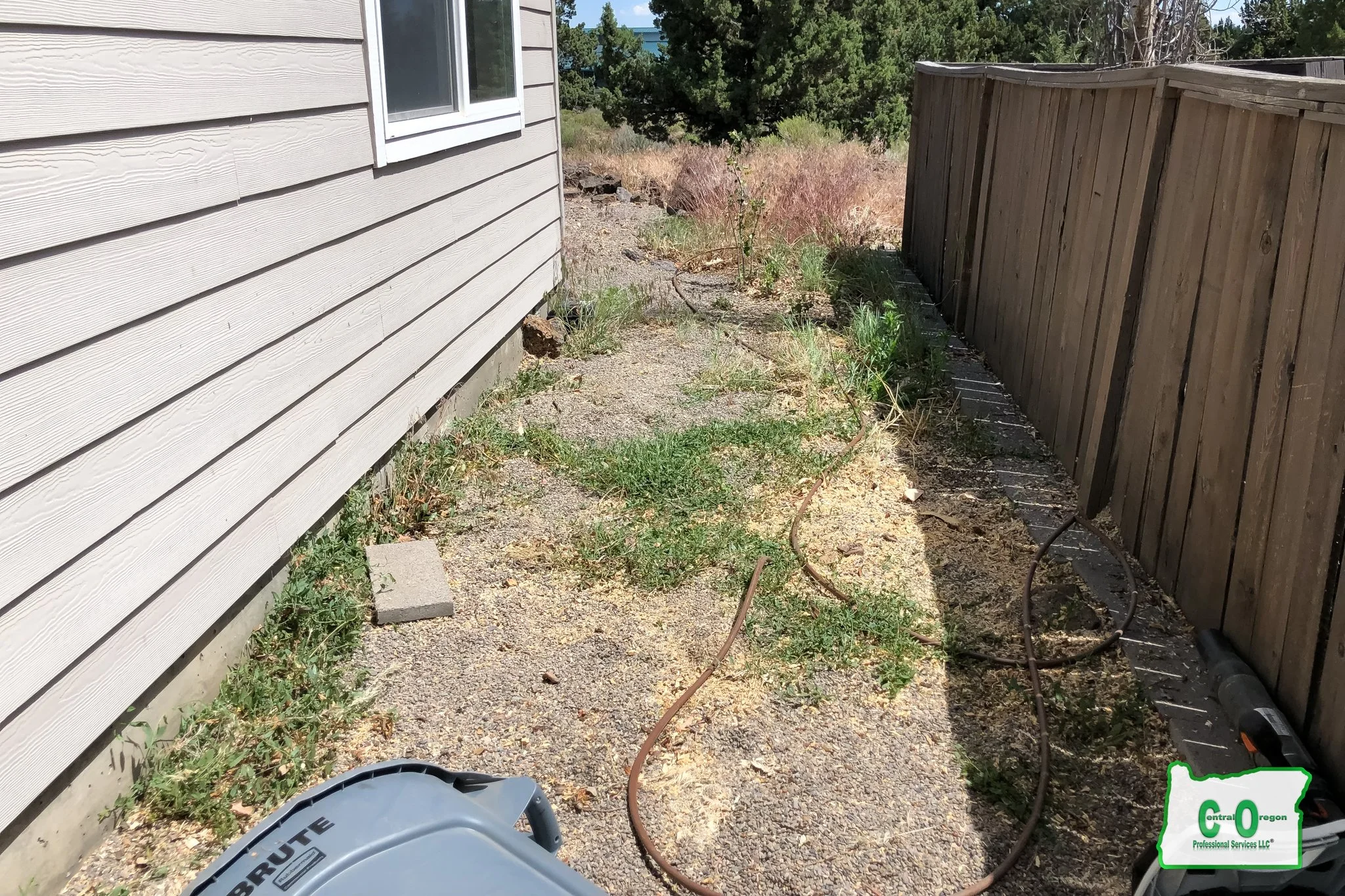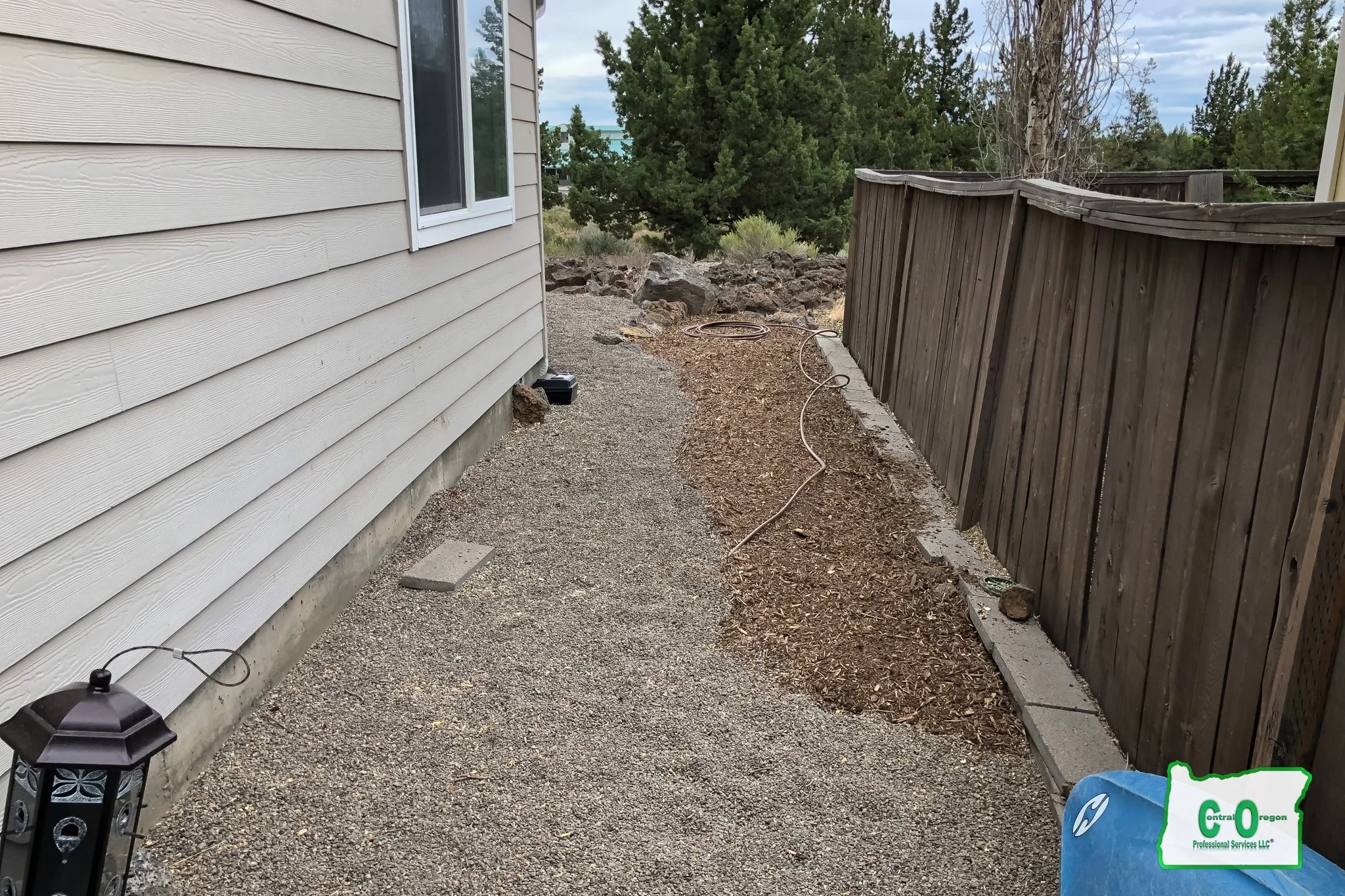Services
Lawncare and Maintenance
Mowing
Edging
Hedge Trimming
Bush Trimming
Sprinkler Adjustment
Leaf Blowing & Removal
Gutter Cleaning
Snow Removal (winter season)
Pavers Patios, Walkways and Retaining Walls
Paver Patios
Walkways
Retaining Walls
Sod Installation
Mulch Installation
Mulching is one of the simplest and most beneficial practices you can use in the garden. Mulch is simply a protective layer of a material that is spread on top of the soil. Mulches can either be organic -- such as grass clippings, straw, bark chips, and similar materials -- or inorganic -- such as stones, brick chips, and plastic. Both organic and inorganic mulches have numerous benefits.
Mulch helps conserve and extend available water, protects the soil from erosion, reduces competition by suppressing weeds, moderates temperature extremes, and acts as a barrier or visible marker of gardening beds to limit damage by landscape maintenance equipment. Understanding when, what type and how much mulch to spread is important because spreading too much mulch can be damaging to trees and plants.
Article written by:
U.S. Department of Agriculture
Irrigation and Drip Systems
Manual watering often leads to overwatering or inefficient usage, resulting in wasted water and higher bills. Your irrigation system can be custom designed to maximize water efficiency by delivering the water directly to the plants that need it while minimizing waste from runoff and evaporation.
Keeping a healthy lawn maintains the look and appeal of your home. While many homeowners take on the task themselves with manual sprinklers or hoses, there are significant advantages to installing an automatic sprinkler system. With an automatic system, you can save time and money while ensuring that your lawn gets adequate water coverage throughout the year.
Aeration and Dethatching
Compact soil could prevent grass from establishing a healthy root system and keeps water and fertilizer from reaching the roots.
Walking, playing and mowing will compact soil and stress lawns. Raindrops and irrigation further compact the soil, reducing large air spaces where roots readily grow. Compaction is greater on heavy clay soils than on sandy soils.
Aeration can help relieve soil compaction, allowing your grass to grow deeper roots and make better use of water, nutrients and fertilizer.
Dethatching helps reduce thatch. A thick layer of thatch can prevent water, air, and nutrients from reaching the soil and roots, making your grass susceptible to disease and pests. Dethatching also allows you to aerate your lawn at the same time, which can improve drainage and help the roots grow deeper.
Pressure Washing
Pressure washing your driveway will prevent the growth of mildew, mold, and other harmful pathogens. These invasive species can gradually destroy the surface of your driveway. This can lead to safety hazards, cracks, and major repairs down the road. When you pressure wash, you will target every pore of your driveway, making sure these hazards are removed.
It will also help you limit weeds that grow in between cracks on your driveway. When you pressure wash your driveway regularly, you will prevent cracks from developing that would otherwise enable weeds to grow. Applying a coat of sealant after you pressure wash a driveway can further prevent this from happening.
Pressure washing your driveway will remove stains that might be present. Your driveway is susceptible to developing staining daily. The stains come from oil, mud, tire marks and dirt.
Pressure washing your driveway can also improve its safety.
Junk Removal
Debris Removal
Garage Cleanouts
Furniture Removal
Appliance Removal
Basement Cleanouts
Property Clean Up
Cleaning Services
Small businesses
Office space
Medical facilities
Apartments
Retail stores
Janitorial services
Maintenance scheduled cleaning
Office cleaning
One-time commercial cleaning ( move-in/move-out cleaning )

